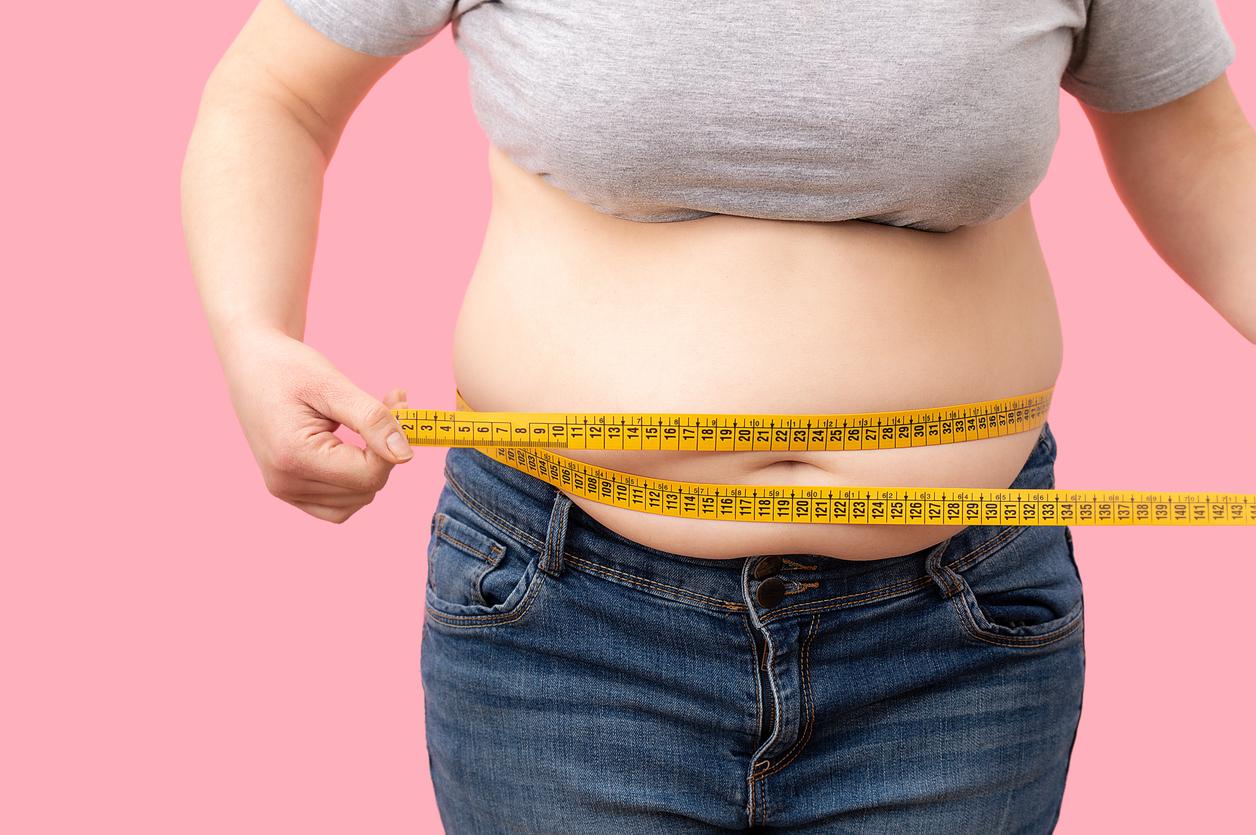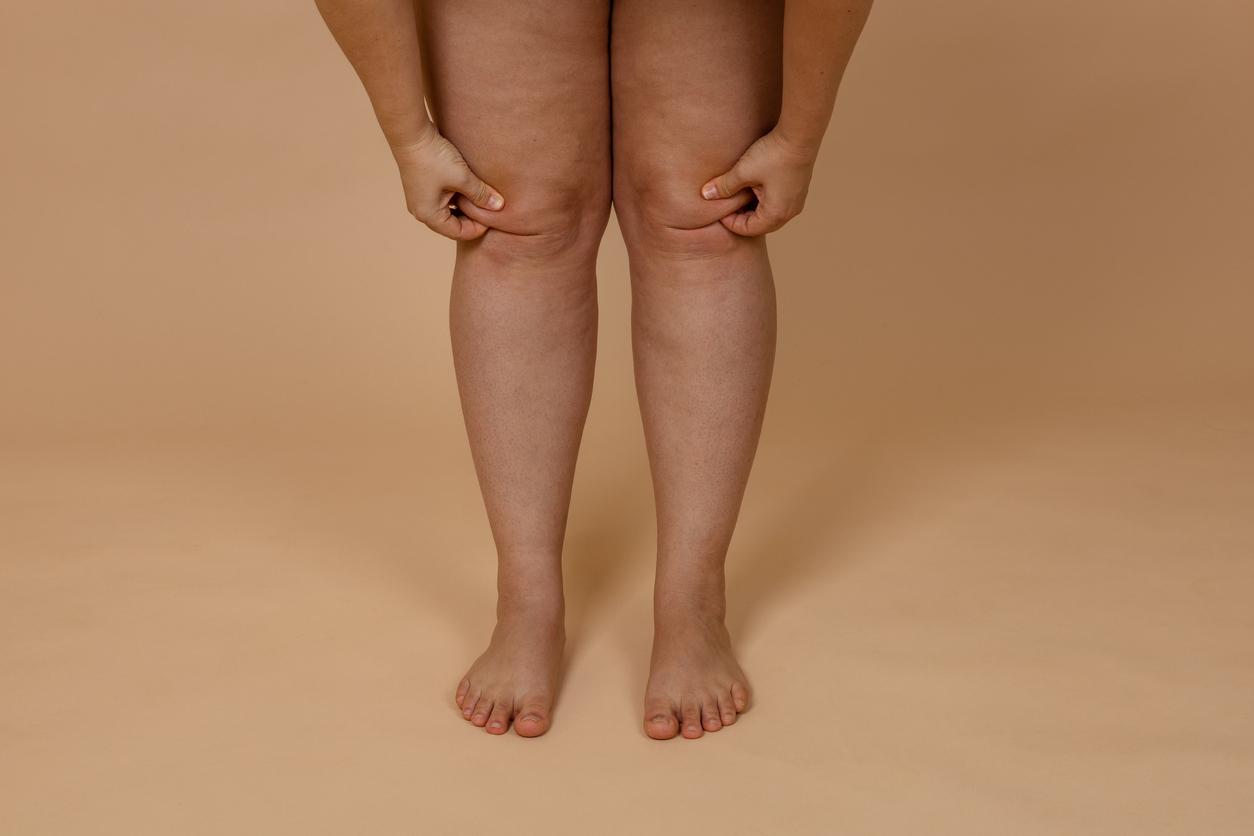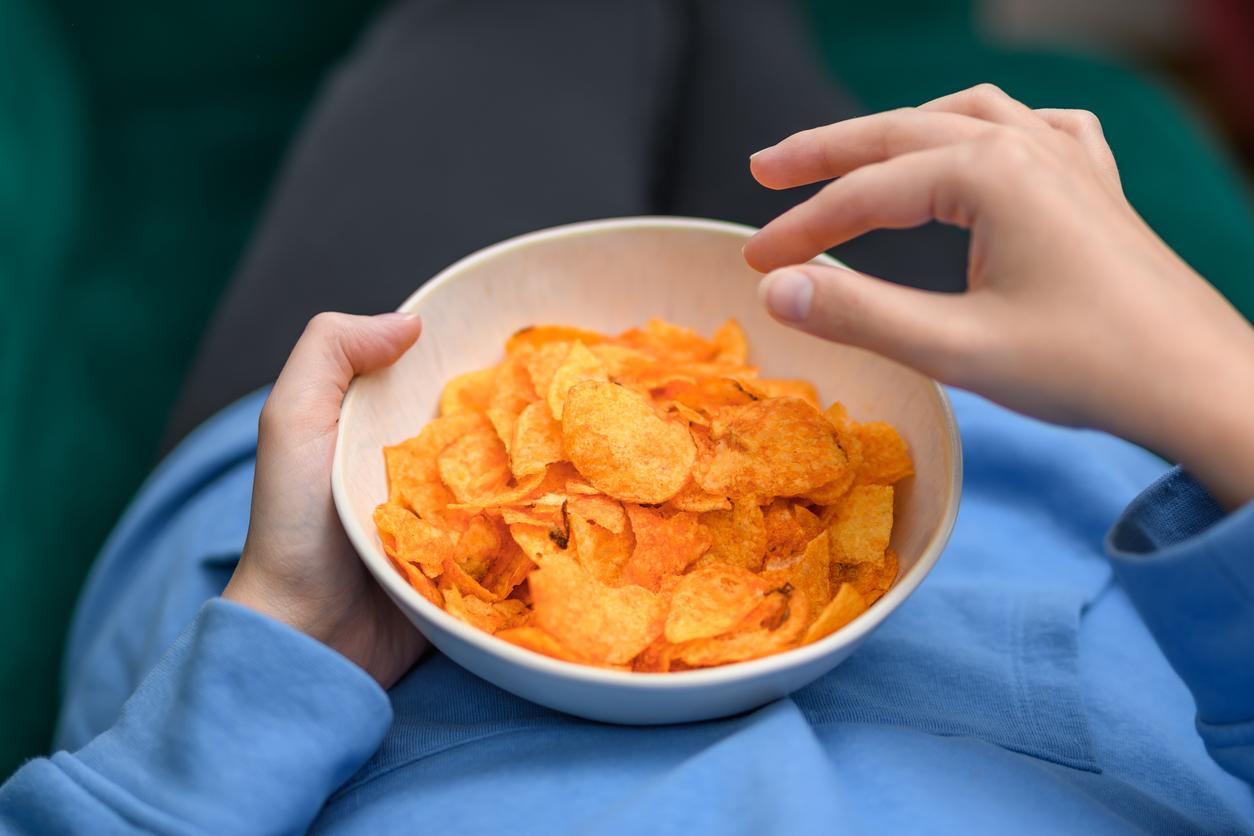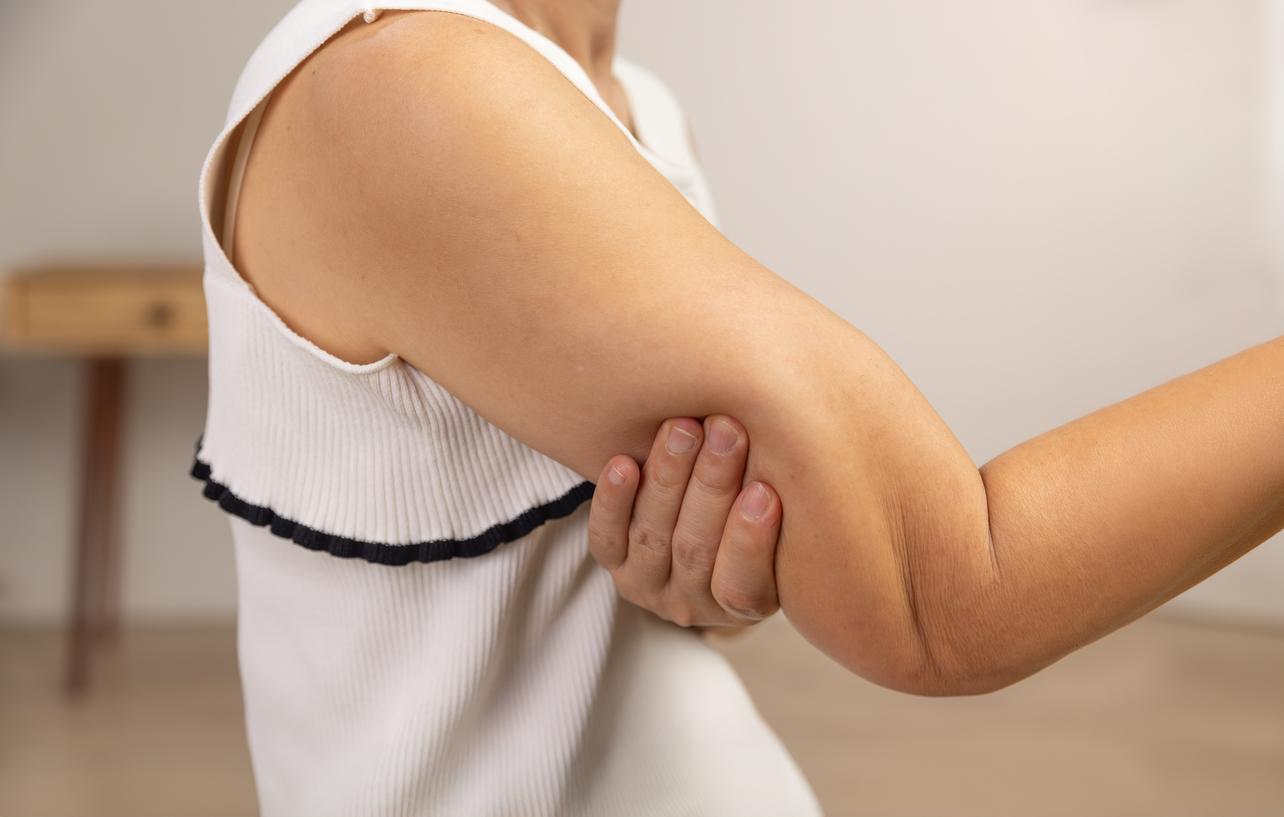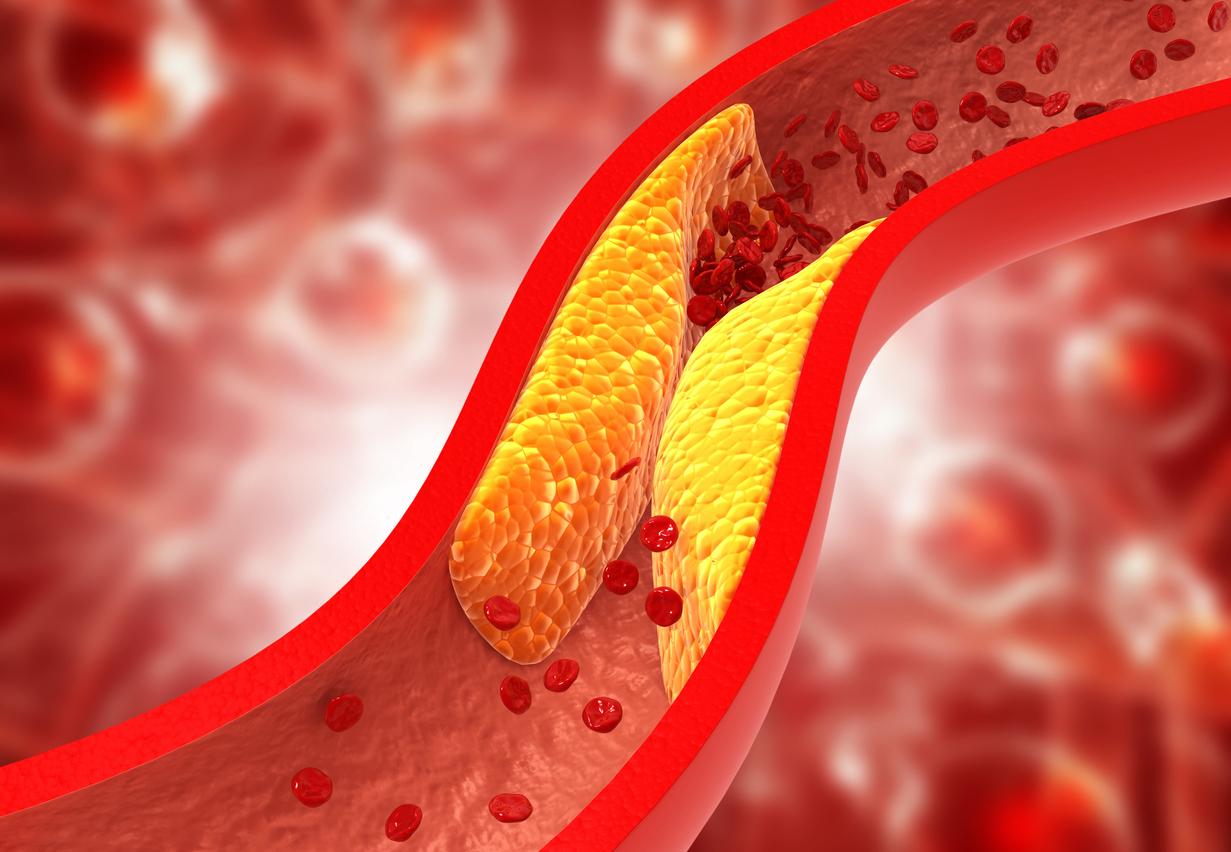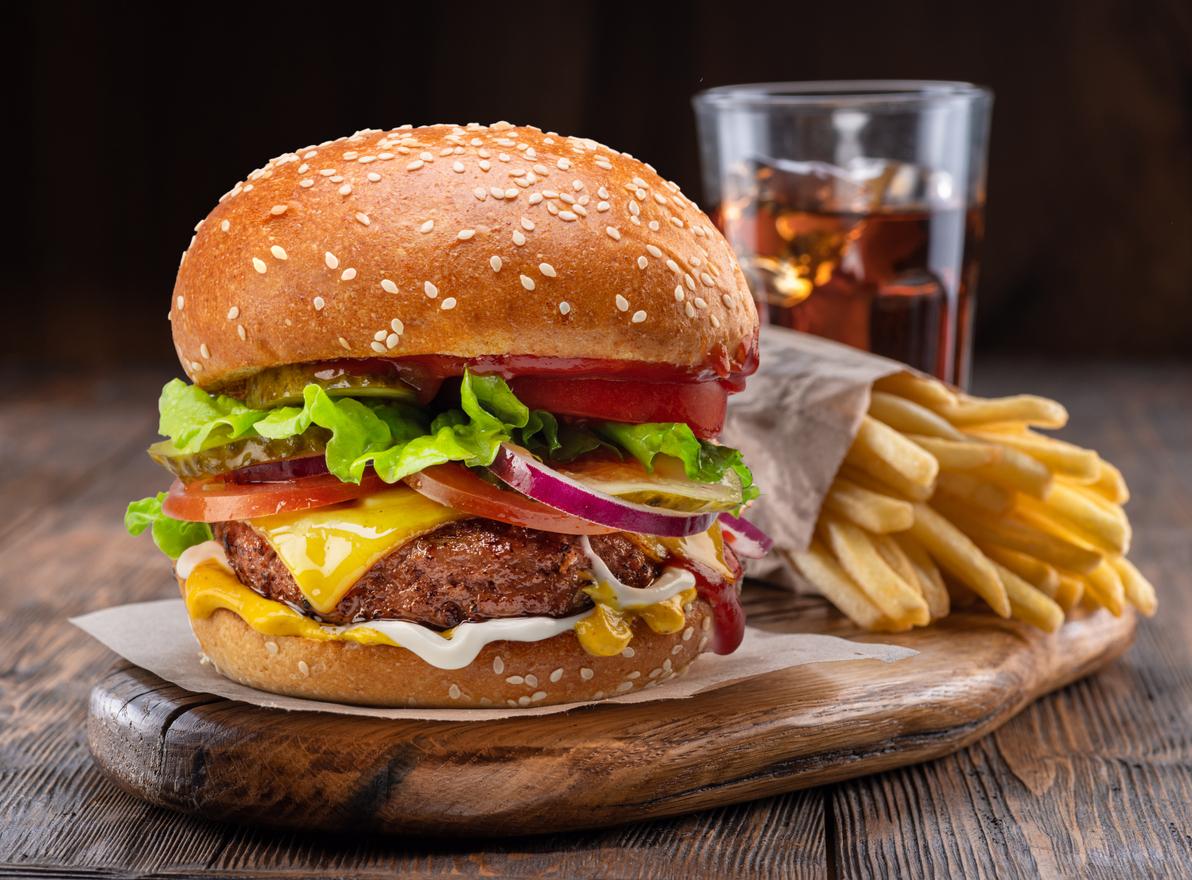The famous adage “You snooze, you lose” still has its followers, because by eliminating this meal we would lose weight. Its composition is also the subject of much debate within the community of dieticians or nutritionists.
The question remains difficult to believe the variety of answers found in scientific studies. Before answering it, we must first define the concept of fat. “There is good fat and bad fat. It is essential not to mix everything up. They do not produce the same effects on the body”, distinguishes Laurent Chevallier nutritionist in Montpellier.
Good fats: stay in reasonable proportions
Fats remain essential because they provide energy, participate in the regulation of body temperature as well as the synthesis of hormones and fertility. THE essential fatty acids with which they are provided allow the absorption of vitamins. “Beneficial fats include omega 3(vegetable oils, fatty fish, nuts for example) and omega 6 (grape seed oils, etc.) which are called polyunsaturated fatty acids and on the other side the so-called monounsaturated fatty acids (attorneyolive oil, etc.)”, continues Doctor Chevallier.
Omega 3 protects the heart, regulate blood pressure, lower triglyceride levels (bad cholesterol). Omega 6s also have cholesterol-lowering effects. As for Omega 9, they have a particular interest in controlling blood sugar. Faced with the interest of these nutrients, it is necessary to include them in your daily diet.
But figuring out the right time doesn’t make much sense. “It’s all about quantity. If you eat a spoonful of oil or 150 g of oily fish at a meal, it doesn’t matter if it’s at noon or in the evening. You just have to keep it within reasonable proportions.” tempers the specialist.
Bad fats: avoid in the evening
On the other hand, bad fat must be tracked down at all costs, whatever the time of day. Here too there are distinctions. Saturated fats come from butter, cheese, fresh cream, coconut or palm oil, among others. THE say fats trans are those found in industrial products. This category of fat consumed too frequently and in large quantities increases the risk of bad cholesterol, and therefore of cardiovascular problems (stroke, heart attack, hypertension…).
“Fried foods, overly rich dishes, crisps, are to be avoided in the evening. Indeed, they disturb digestion and therefore sleep. It’s hard to sleep well when you have a weight on your stomach.” warns Laurent Chevallier.
In any case, in order not to take any risk for his health, we limit the quantity of bad fats and we consume them rather at noon, and on an occasional basis. At dinner, you can absolutely include a food that is part of the so-called good fat category. Without however exaggerating on the quantities and by including it with the components of a traditional meal. Half an avocado, or a portion of oily fish or even a salad seasoned with a spoon of olive oil in vinaigrette and you won’t take any risks, neither for your health nor for your figure.
Thanks to Laurent Chevallier, nutritionist doctor in Montpellier.
Read also:
- What causes arteries to age?
- Should we cut out bread when dieting?
- The lawyer: friend or foe of diets?
- This food reflex is effective in boosting your metabolism
- Drinking water while eating: good or bad idea?











